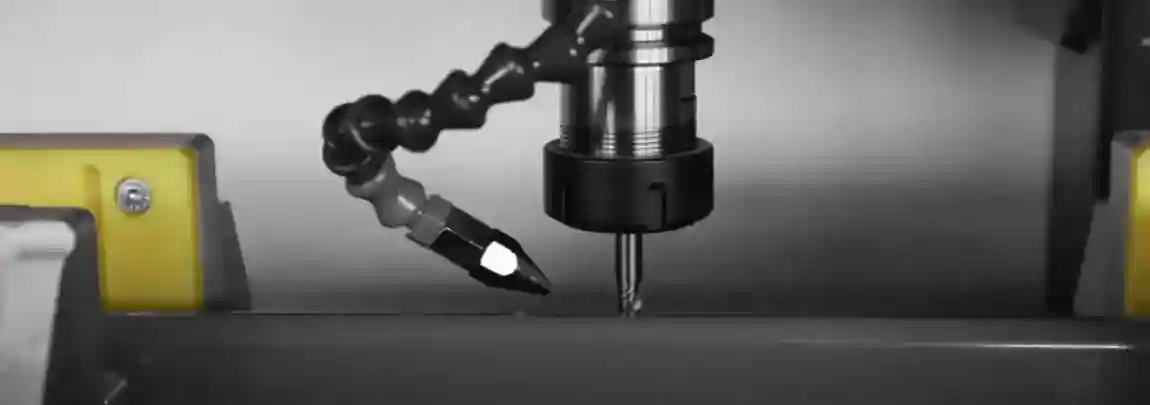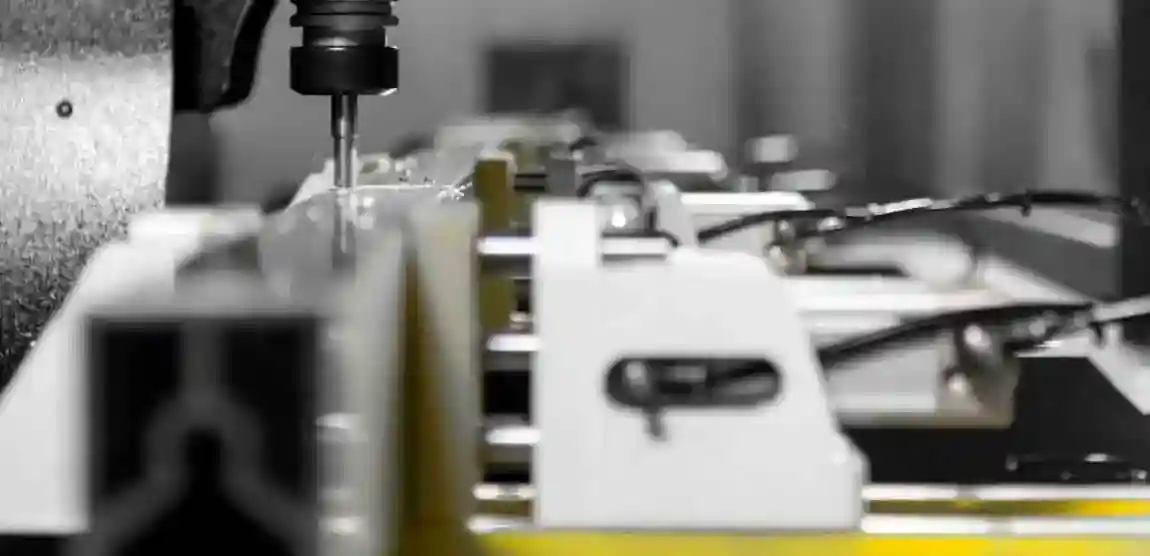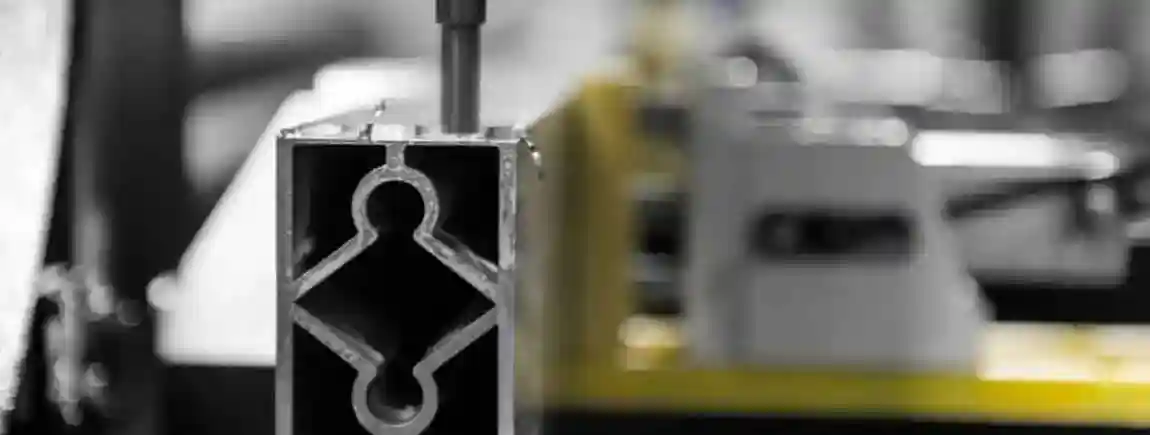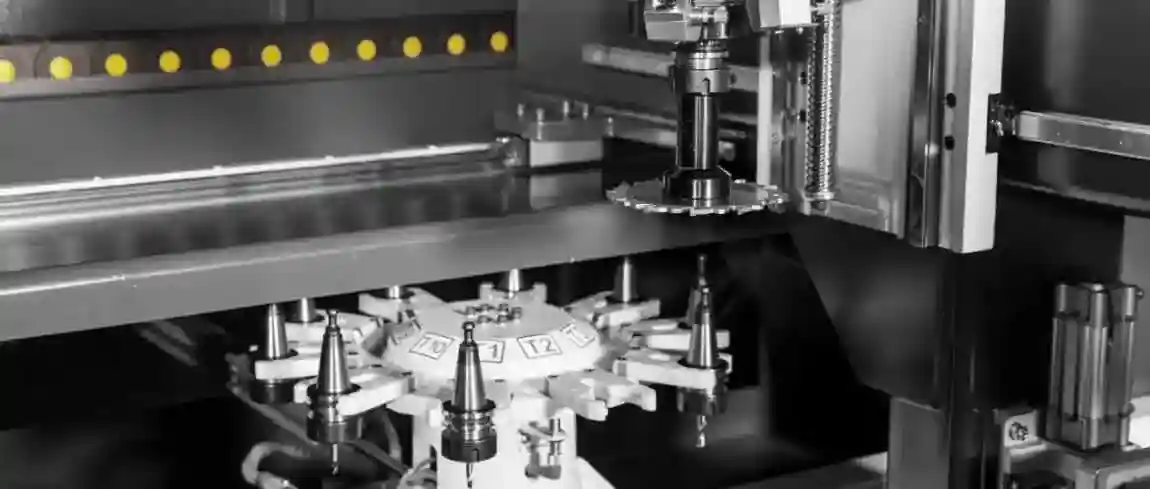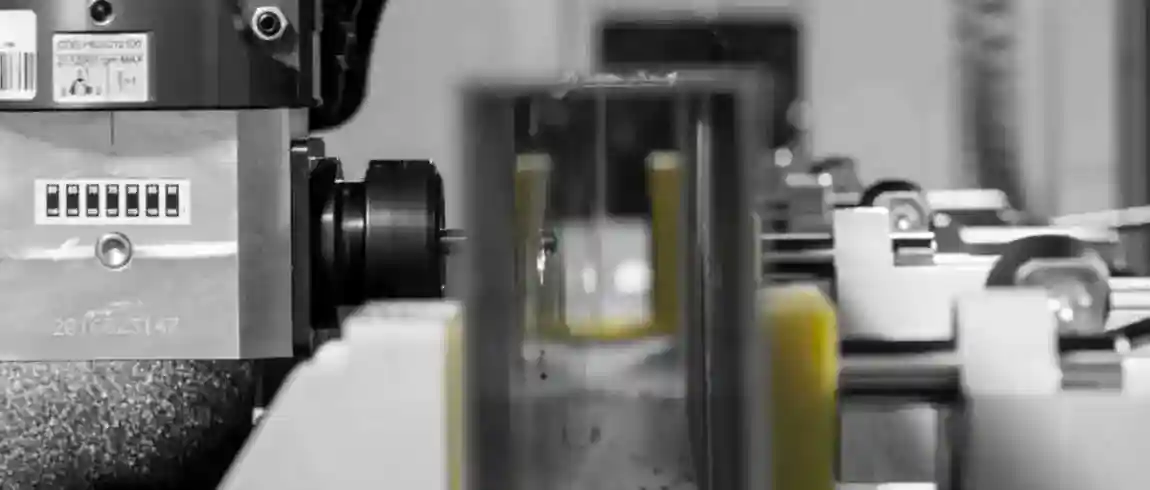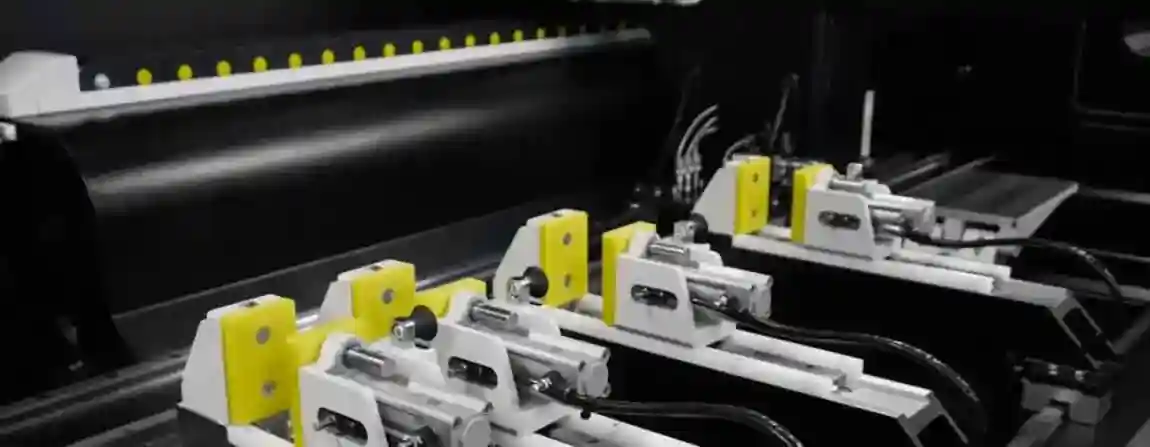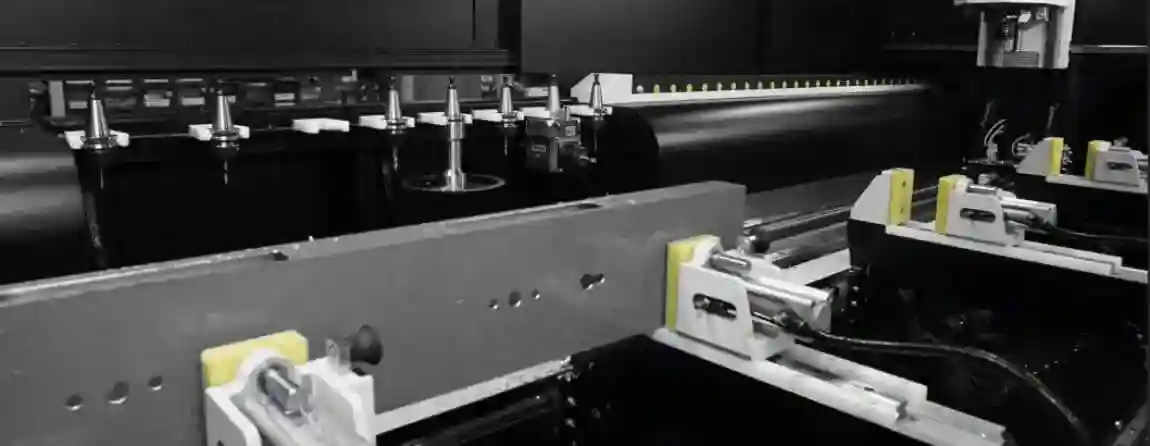-

Company
Product
ALUMINIUM MACHINES
PORTABLE MITER SAWS FOR ALUMINUM
PORTABLE COPY ROUTER MACHINES FOR ALUMINIUM
PORTABLE END MILLING MACHINES FOR ALUMINIUM
AUTOMATIC MITER SAWS FOR ALUMINIUM
COPY ROUTER MACHINES FOR ALUMINIUM
END MILLING MACHINES FOR ALUMINIUM
ALUMINUM CORNER CRIMPING MACHINE
DOUBLE MITRE SAWS FOR ALUMINIUM
AUTOMATIC SAWS FOR ALUMINIUM
BAR PROCESSING CENTERS
MACHINING CENTERS FOR ALUMINIUM COMPOSITE PANELS
NOTCHING SAWS
WEDGE CUTTING SAWS AND NOTCH CUTTING SAWS
MITER SAWS FOR ALUMINIUM
PVC PLASTIC MACHINES
PORTABLE MITER SAWS FOR PLASTIC
PORTABLE COPY ROUTER MACHINES FOR PLASTIC
PORTABLE END MILLING MACHINES FOR PLASTIC
MITER SAWS FOR PLASTIC
COPY ROUTERS FOR PLASTIC
END MILLING MACHINES FOR PLASTIC
WELDING MACHINES FOR PLASTIC
CORNER CLEANING MACHINES FOR PLASTIC PROFILES
DOUBLE MITRE SAWS FOR PLASTIC
BAR PROCESSING CENTERS
GLAZING BEAD SAWS
AUTOMATIC MITRE SAWS FOR PLASTIC
METAL MACHINES
MANUAL METAL SHEET BENDING MACHINE
MANUAL BENDING MACHINES
HYDRAULIC BENDING MACHINES
NON MANDREL BENDERS
PLATE BENDING MACHINES
BORDERING AND TRIMMING MACHINES
HORIZONTAL PRESSES
BELT GRINDING MACHINES
PIPE NOTCHING MACHINES
PIPE POLISHING MACHINES
LASER CUTTING MACHINES
PRESS BRAKES
VERTICAL TURNING CENTERS
MACHINING CENTERS
WOOD MACHINES
GLASS MACHINES
ROBOTICS SPECIAL MACHINERY
Service
Blog
Contact
Blog
- Home
- Blog
- ALUMINIUM PROFILE SAW MACHINE
- DOUBLE HEAD MITRE SAW
DOUBLE HEAD MITRE SAW
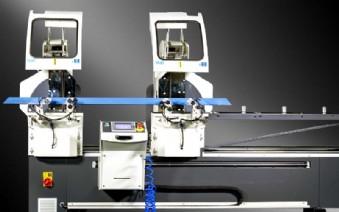
Double-Head Mitre Saw – Encyclopedic Entry on a Key Machine for Aluminium and Profile Cutting
1. Definition and Basic Principle
A double-head mitre saw is an industrial precision saw consisting of two opposing saw heads. Both heads are mounted on a stable guide and can work synchronously or independently. By cutting profiles simultaneously from both sides, this type of machine is ideal for aluminium profiles, plastic profiles, and in some versions, even for wood.
2. Historical Development
The first mitre saws originated as simple hand tools for woodworking. With industrialisation, stationary machines were developed. The double-head mitre saw emerged during the rise of window and façade construction in the 1960s and 1970s. With the introduction of CNC technology in the 1980s, the machine gained enormous improvements in precision and productivity.
3. Design and Construction Features
A double-head mitre saw consists of a machine bed, two movable saw heads, pneumatic clamping devices, and electronic controls. The heads are usually adjustable and allow mitre cuts between 45° and 135°. High-quality models feature noise and chip extraction, automated positioning systems, and servo drives.
4. Mode of Operation and Functional Principle
The workpiece – usually an aluminium profile – is clamped between the two saw heads. After selecting the cutting angle via the CNC control, the heads move into position. Once started, both blades cut through the profile simultaneously or sequentially. The result: millimetre-accurate length and mitre cuts, ready for assembly.
5. Typical Areas of Application
Double-head mitre saws are indispensable in profile processing:
-
Window construction: cutting of frame and sash profiles
-
Door construction: precise cuts for frames and hinge profiles
-
Façade construction: load-bearing and connecting elements for glass and metal façades
-
Conservatories: mitre cuts for glass frame structures
-
Industry: cutting of aluminium beams for mechanical and lightweight construction
6. Control Technology and CNC Integration
Modern double-head mitre saws are equipped with CNC controls. These allow input of cutting data via touchscreen or CAD/CAM file import. Programs can be stored and reused for series production. Sensors monitor cuts in real time, ensuring consistently high quality.
7. Tools and Cutting Technology
Carbide saw blades with diameters between 400 and 600 millimetres are used. The teeth are specifically ground for aluminium processing. Cooling systems or minimum quantity lubrication (MQL) reduce friction and heat, extending tool life.
8. Advantages over Other Sawing Systems
Compared to single-head mitre saws or conventional chop saws, the double-head mitre saw offers clear benefits: two cuts in a single operation, higher precision, material savings, automation for series production, and flexibility for various profiles and angles.
9. Future Perspectives and Innovations
The future lies in fully automated production. Double-head mitre saws are increasingly combined with robotics, AI, and IoT systems. Automatic loading, self-learning cut optimisation, and energy-efficient drives are becoming standard, turning these saws into smart manufacturing stations.
10. Economic Importance
For window, door, and façade manufacturers, the double-head mitre saw represents an investment with a high return on investment (ROI). Thanks to speed, precision, and reduced scrap, machines pay off quickly. With rising demands for short lead times and high quality, they are an essential key technology.
- double head mitre saw
- double head mitre saw aluminium
- double head mitre saw plastic
- double head mitre saw wood
- double head mitre saw for aluminium profiles
- double head mitre saw for plastic profiles
- double head mitre saw for wood profiles
- cnc double head mitre saw aluminium
- cnc double head mitre saw plastic
- cnc double head mitre saw wood
- automatic double head mitre saw aluminium
- automatic double head mitre saw plastic
- automatic double head mitre saw wood
- double head mitre saw for window frames
- double head mitre saw for doors
- double head mitre saw for façades
- precision double head mitre saw aluminium
- precision double head mitre saw plastic
- precision double head mitre saw wood
- double head mitre saw new
- double head mitre saw used
- double head mitre saw evomatec
 GERMANY
GERMANY ENGLISH
ENGLISH FRANCE
FRANCE SPAIN
SPAIN PORTUGAL
PORTUGAL

